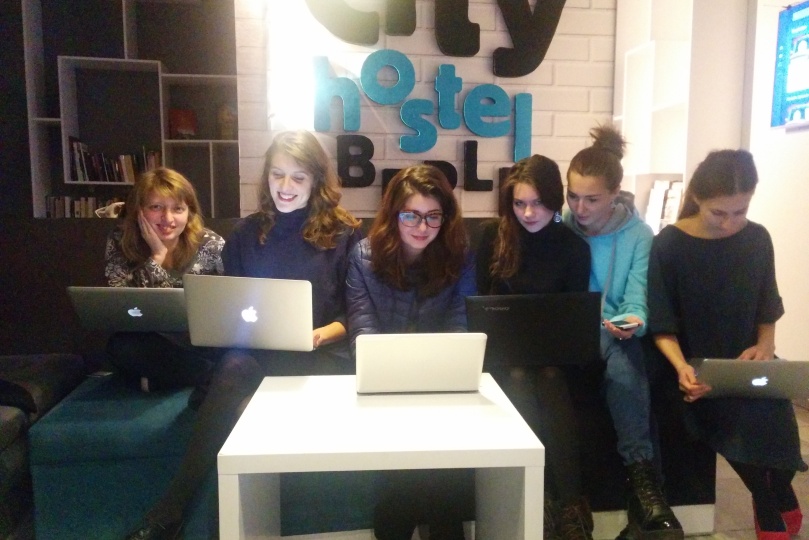30%
of entrepreneurs in service industries reported a decrease in consumer demand for their services in the fourth quarter of 2015.
HSE Scholar Publishes Article in the European Sociological Review
An article by Director of the Centre for Culture of Sociology and Anthropology of Education (CCSAE), Dmitry Kurakin has been published in Oxford University Press’s leading international sociology journal the European Sociological Review. Dr. Kurakin co-wrote the article Horizontal and 'Vertical Gender Segregation in Russia — Changes upon Labour Market Entry before and after the Collapse of the Soviet Regime' with fellow researchers at the European University Institute on the eduLIFE project.
Honorary Lecture by Professor Lawrence Kotlikoff at HSE ICEF
On January 15, Professor Larry Kotlikoff gave a talk on measuring inequality in lifetime spending power within different age cohorts in the USA, net tax rates facing Americans, and current wealth indicators.
76%
of Russians believe that ordinary customers shouldn’t worry about product manufacturing having a negative effect on the environment, people or animals. Instead, they believe that this should be a concern for the state and businesses.
90%
of Russian families are generally satisfied with the quality of the education that their children receive in universities.
22.4%
of those who are currently working toward Candidate of Science and Doctor of Science degrees in Russia are younger than 40 years old.
HSE Researcher Investigates Unique List Naming Killers of a 12-century Russian Prince
During restoration work to the Spaso Preobrazhensky Cathedral in Pereslavl-Zalessky, an ancient Russian city 130km from Moscow, researchers found several ancient graffiti markings on the walls. They included some writing from the C12th about the murder of Prince Andrey Bogolyubsky, and a list of his killers. The Russian Academy of Sciences Institute of Archaeology has said that this is the earliest written record in North-East Rus. Moscow specialists, HSE Professor Alexey Gippius and Savva Mikheev from the Institute of Slavic Studies at the Russian Academy of Sciences made the find and are currently examining it.
Student Research Competition 2015: Sherlock Holmes Versus Pirates
As 2015 drew to a close, a panel of qualified judges was busy deciding on the results of HSE’s Student Research Competition. Out of nearly a thousand submissions in 17 different fields, a jury selected 94 prize recipients, all of which demonstrate how broad and complex the research interests of HSE’s students are.
St. Petersburg’s Gastronomic Brand Goes International
Scholars at HSE St. Petersburg have published their research in a new monograph for international tourism professionals. Dr. Valery Gordin, Deputy Director of HSE St. Petersburg and Head of the Laboratory of Cultural Economics, together with Dr. Julia Trabskaya, Leading Research Fellow at Laboratory of Cultural Economics, authored a chapter for a book entitled ‘Tourism Management, Marketing, and Development. Performance, Strategies, and Sustainability’. Palgrave Macmillan, a leading global publisher, issued this volume in December 2015.

Joint Seminar of HSE and Hertie School of Governance
On December 14th-16th 2015, a joint seminar between HSE and the Hertie School of Governance was held in Berlin. The staff members of the Laboratory for Political Studies, students, doctoral students and faculty of the Hertie School of Governance as well as researchers from Oxford, Cambridge and Heidelberg Universities took part in the event.

